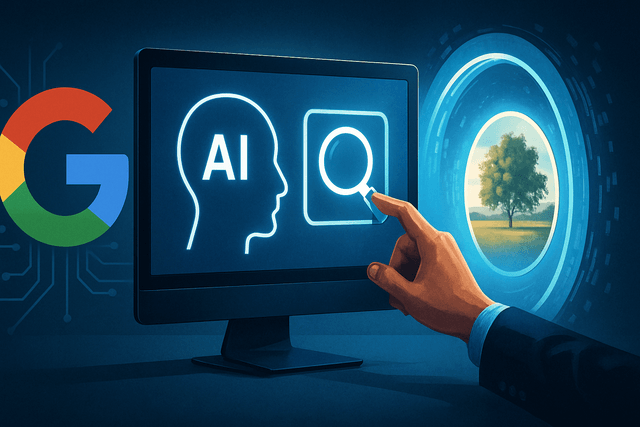In response to the explosive growth of AI-generated media and rising concerns about authenticity, Google has unveiled SynthID Detector, a sophisticated verification tool designed to identify content created using Google's AI technologies.
Announced at Google I/O 2025, SynthID Detector works by scanning uploaded media for invisible digital watermarks that Google embeds in content generated by its AI models, including Gemini, Imagen, Lyria, and Veo. When a watermark is detected, the portal precisely identifies which portions of the content are most likely to contain it – pinpointing specific segments in audio tracks or highlighting particular areas in images.
The technology addresses a pressing need in today's digital landscape. According to recent estimates, deepfake videos alone have increased by 550% from 2019 to 2024, with a significant portion of highly-viewed social media posts now containing AI-generated elements. SynthID's watermarking system is designed to remain detectable even when content undergoes various transformations, providing a robust method for verification.
"Content transparency remains a complex challenge," noted Google in its announcement. To expand the technology's reach, Google has partnered with NVIDIA to watermark videos generated by their NVIDIA Cosmos model and with GetReal Security for broader detection capabilities. Additionally, Google has open-sourced SynthID text watermarking, allowing developers to incorporate the technology into their own models.
However, SynthID Detector does have limitations. It primarily works within Google's ecosystem and cannot detect content created with tools from other companies like Microsoft, Meta, or OpenAI, which have developed their own watermarking technologies. Experts also note that watermarks can potentially be removed through adversarial techniques.
Currently available to early testers through a waitlist system focusing on journalists, researchers, and media professionals, SynthID Detector represents an important step toward establishing trust in an increasingly AI-generated world. As Google continues to expand access to the tool in the coming weeks, it marks a significant milestone in the ongoing effort to maintain authenticity in digital media.

